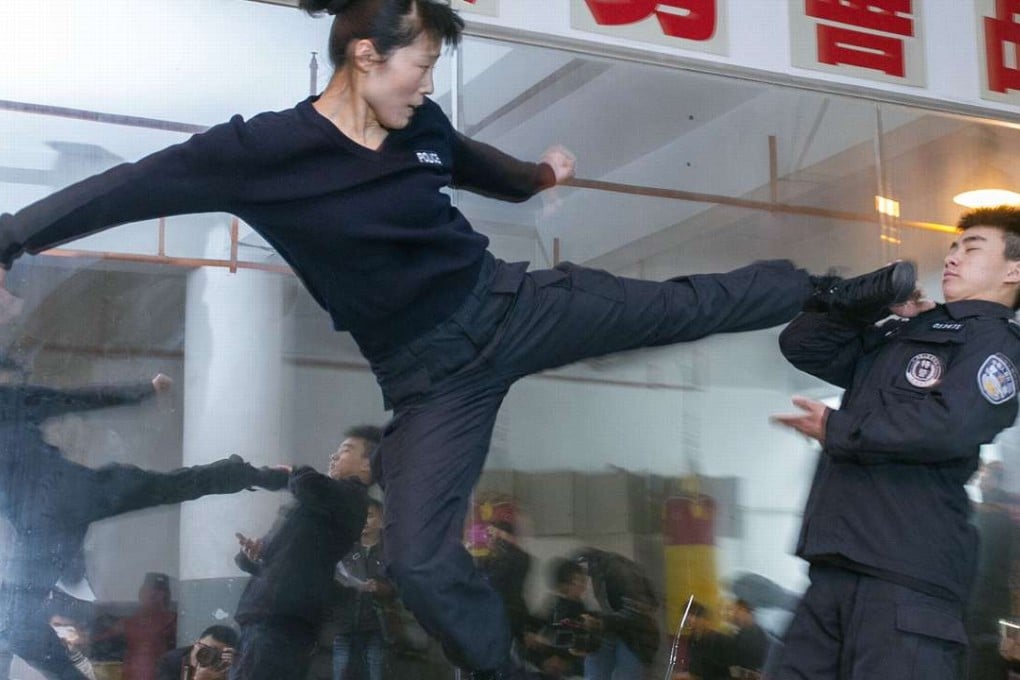The View | Hong Kong is the king of crony capitalism and that should be a worry for the Competition Commission
Our SWAT team designed to root out unfair practises should be springing into action

Statistical analysis of bidding patterns reveals evidence of rigging in Hong Kong’s residential housing market, according to the Competition Commission, which studied over 700 confidential tender records from 500 maintenance projects provided by the Urban Renewal Authority and the Housing Society.
The Commission wisely cautions that their findings were not conclusive proof of collusion “having actually taken place.”
Nevertheless, the statistical evidence is highly significant. What should the government do? How should the Competition Commission proceed?
Two years ago The Economist magazine designed an index of crony capitalism... Hong Kong was ranked first in the world
Public opinion naturally focuses on greed and insufficient government vigilance to either prevent or stop it. Greed is, however, a very poor predictor of the presence or absence of bid rigging and of industry cartelization. Are businessmen who don’t rig and manipulate bids or cartelize any less greedy than those who do?
The bids had been collected from the Urban Renewal Authority and the Housing Society, public organisations that follow government procurement practises. The single most important consideration for public bodies is always accountability. Government procurement practises invariably go for the lowest bid because it is the easiest way of handling public accountability.
The use of private information about the bidders is often avoided out of fear of having to defend the choices in contested decisions. The natural outcomes of this are subsequent cost overruns and suspicious bidding patterns. So it is hardly surprising that the Competition Commission discovered persistent patterns of underbidding.

Another concern of public officials is whether the winning bid will successfully complete the project. If one has to go for the lowest bid while also trying to minimise the risk of the project failing, then one would always pre-qualify bidders with a strong track record.

